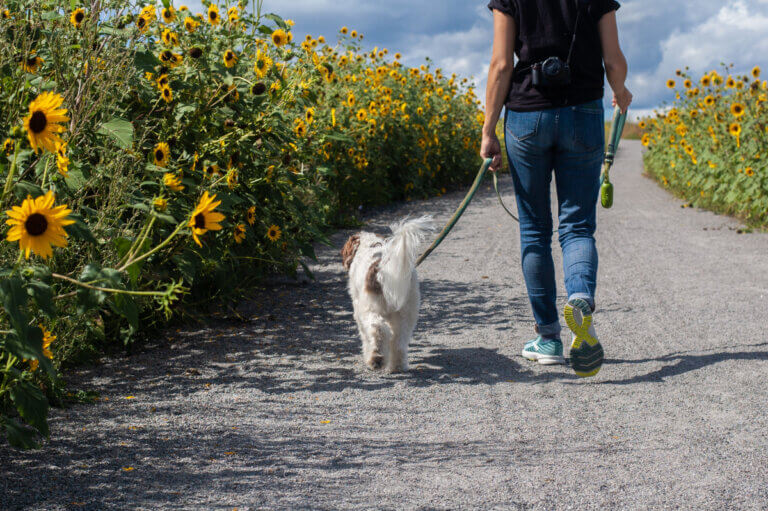Human: No! Stop barking! The mail carrier comes every day and leaves! Figure it out already!
Dog: Once again, my intimidating display has prevented this intruder from breaching our defenses. I anticipate another attempt tomorrow, and I’ll be ready and waiting!
Tired of your dog barking at things outside the window? You can help reduce this behaviour without stressing out you or your dog by doing a few simple things. In five minutes a day, you can train your dog to be calm and quiet near the window.
Simple doesn’t necessarily mean easy. If you are still having problems after trying these tips, especially if the behaviour seems to be getting worse, please consult a reputable trainer skilled in using positive reinforcement and behaviour modification.
Scolding and other aversive methods might temporarily stop the barking or make you feel better by releasing some frustration, but this is merely teaching you to do more of the same. Studies prove positive reinforcement is more effective with fewer negative side effects.
Stop dog from barking by restricting the window view
Restrict your dog’s view out the window when you are not home or when you can’t interrupt what you are doing to train.
Just like a bad habit, every time your dog practices a behaviour, it becomes more difficult to change. As well, if the thing your dog is barking at does something the dog likes, such as move away from the house or run up a tree (many dogs like to watch wildlife react), then your dog will want to bark again the next time. From the dog’s perspective, barking made a good thing happen.
Restricting your dog’s view out the window could be as simple as closing the blinds or using a barrier to prevent your dog’s access to the window. If those options are not feasible, a simple solution is to temporarily block the lower portion of your window with something that you can easily remove for training, such as cardboard or decorative paper.
To stop window barking, avoid scolding or emotional reactions
Avoid scolding or having any emotional reaction to your dog’s barking.
Related Articles
This is likely making the barking worse over time, and it’s increasing your stress levels as well as the dog’s. Your dog might even believe that you’re frustrated or upset by the thing outside the window, too.
Use positive reinforcement to teach calm behaviours
Focus your efforts on using positive reinforcement to teach quiet and calm behaviours your dog can do near the window.
Does your dog love to do skills/tricks? Great, start with those. No? Then teach your dog sit, lie down, roll over, shake a paw, stay, play dead, nose touch, take a bow — any skills or tricks that require your dog to be calm and quiet.
Train in short sessions sprinkled throughout the day; a one-minute session five times a day can be very effective. Begin far enough away from the window that your dog can easily concentrate on you, and over several days gradually train closer to the window. You may need to cover the dog’s view for the first several sessions because your dog will probably be stressed just by being near the window, even if there isn’t anything there to see.
In the early stages, be sure to choose times when there is a lower chance that something will trigger your dog to bark. If this happens, just calmly cover the dog’s view out the window and/or remove the dog from the area. Try again later. Work at your dog’s pace and do your best to make the training very positive and calm.
There are many more training tips than the three listed here, so please don’t hesitate to call a reputable professional for a quick chat or online training consult. For more information, visit oberhund.com
Happy Training!







